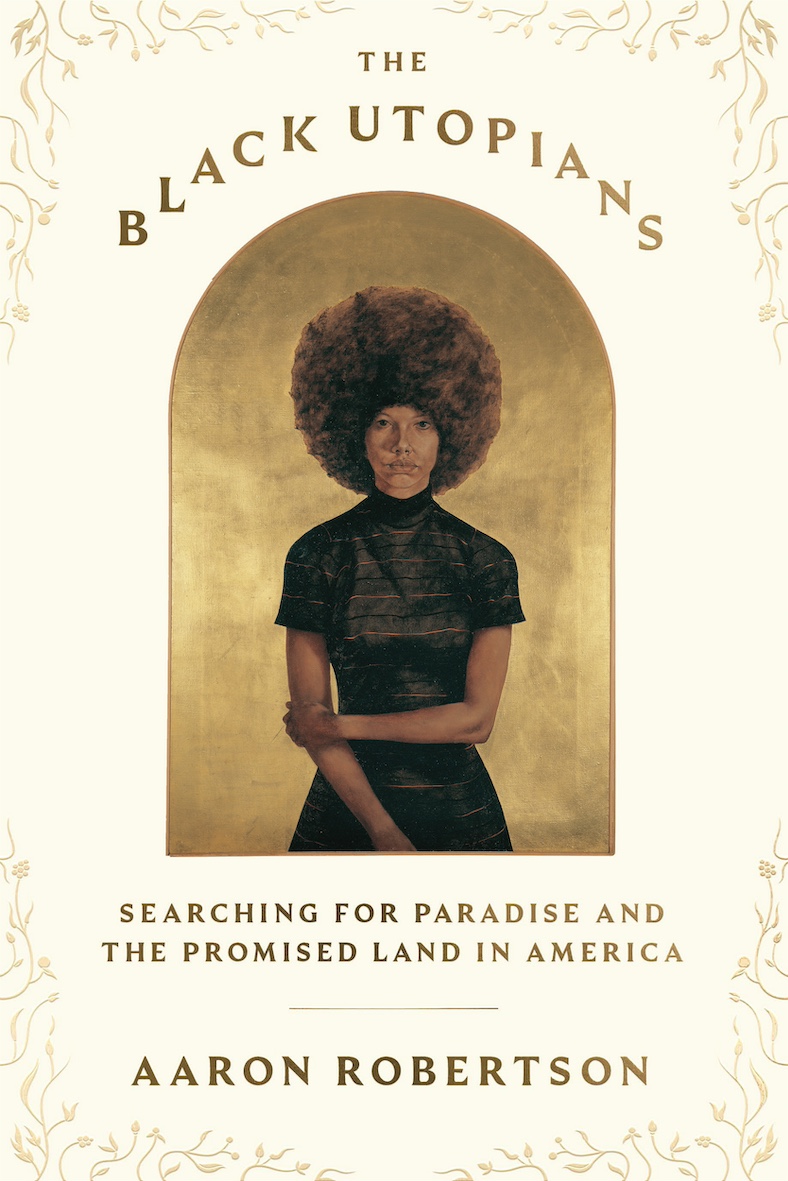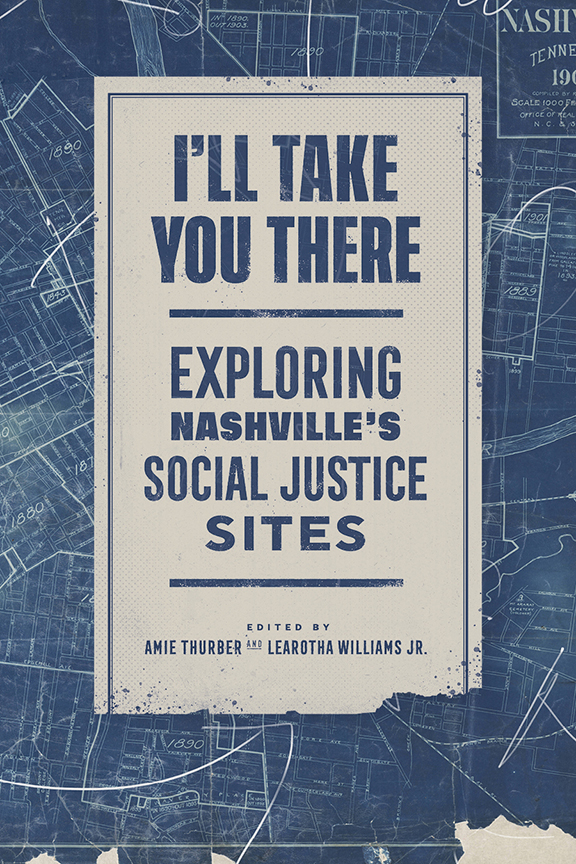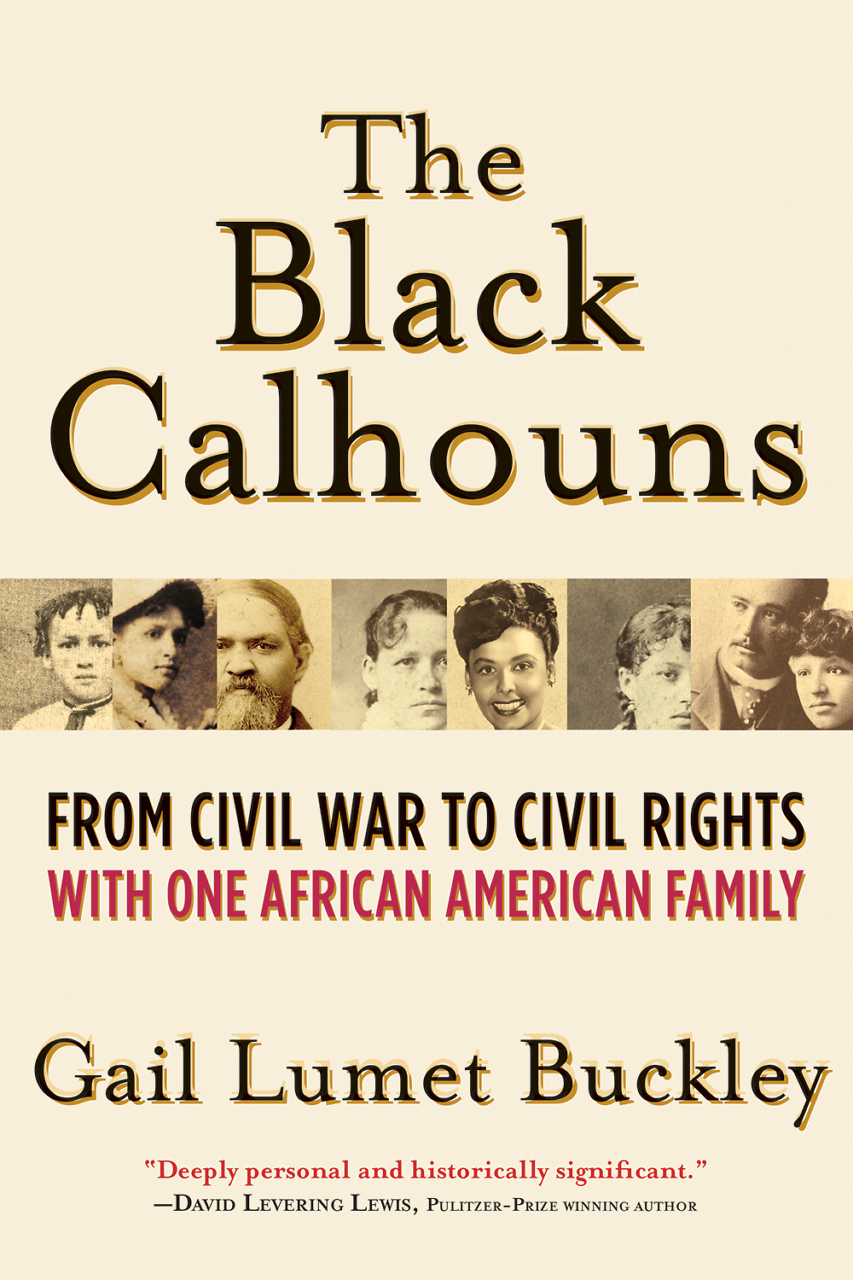Joseph Washington Vanleer
Book Excerpt: From the Fiery Furnace to the Promise Land
The Promise Land Community in Dickson County, Tennessee, was established after the Civil War by formerly enslaved men and women who sought to establish a new life for themselves and their families in freedom. From the Fiery Furnace to the Promise Land by Serina K. Gilbert and Learotha Williams Jr. chronicles the history of Promise Land through the stories of its founders and their descendants. In this excerpt from the book, Gilbert, who grew up in the community, recalls the family lore about her ancestor Joseph Washington Vanleer, one of Promise Land’s founders.
***
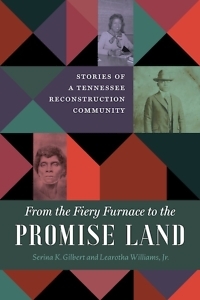 At the age of twenty-four, on January 6, 1868, Joseph Washington (Wash) Vanleer purchased 132 acres of land in a wooded area in District 6 of Charlotte, Tennessee. The handwritten deed reads, “We Thomas Overton and A. S. Gill, have this day bargained so and do hereby transfer and convey to Joe Vanleer (Colored Man) and his heirs forever for the consideration of four hundred dollars to us paid as follows to wit: Two hundred dollars cash; and two hundred dollars payable 25, day of December 1868.” The document proceeds to describe the location of the purchased property. In summary, this young, formerly enslaved man made his first land purchase less than six years after the signing of the Emancipation Proclamation. This had to be one of the happiest and most significant occasions in the life of Wash and his young family. The site itself was an uncultivated, heavily wooded rural area located about five miles from Cumberland Furnace and about three miles from the city of Charlotte. The land was rugged and long unattended. It had some small hills and slopes with a lovely spring and other streams. It was about a half a mile from the Old Clarksville Stage Road, which is now Promise Land Road. Today it sits just off State Highway 48 North. This roadway did not exist at the time of Wash’s land purchase.
At the age of twenty-four, on January 6, 1868, Joseph Washington (Wash) Vanleer purchased 132 acres of land in a wooded area in District 6 of Charlotte, Tennessee. The handwritten deed reads, “We Thomas Overton and A. S. Gill, have this day bargained so and do hereby transfer and convey to Joe Vanleer (Colored Man) and his heirs forever for the consideration of four hundred dollars to us paid as follows to wit: Two hundred dollars cash; and two hundred dollars payable 25, day of December 1868.” The document proceeds to describe the location of the purchased property. In summary, this young, formerly enslaved man made his first land purchase less than six years after the signing of the Emancipation Proclamation. This had to be one of the happiest and most significant occasions in the life of Wash and his young family. The site itself was an uncultivated, heavily wooded rural area located about five miles from Cumberland Furnace and about three miles from the city of Charlotte. The land was rugged and long unattended. It had some small hills and slopes with a lovely spring and other streams. It was about a half a mile from the Old Clarksville Stage Road, which is now Promise Land Road. Today it sits just off State Highway 48 North. This roadway did not exist at the time of Wash’s land purchase.
Wash was apparently a successful subsistence farmer, raising crops and livestock enough to support his fast-growing family. Growing up I remember the orchards, with apple, plum, and peach trees that dotted the property. There were also hickory nuts and walnut trees throughout the tracts of land. Wash and Rebecca had seven more children after moving into Promise Land. The children were born in succession. In 1869, their son Isham was born. He was followed by daughters Panthera in 1870 and Nara in 1873. In 1874 their son Daniel was born and daughter Millie was born in 1876. It seems that there was a brief respite before my great-grandmother, Farmie Della, was born in 1880. She was followed by the last child Priscilla, born in 1882.
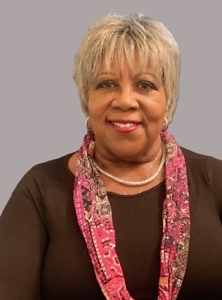
My mother never got to know her maternal great-grandfather, as he died in 1902, before she was born. She told me that she recalled that he was spoken of in loving ways by her grandmother, and her great aunts and uncles and her own mother who was only eight years old when he died. She said that he was held in high regard by the surviving elders in the community. He was known in the community as “Wash,” short for Washington, or as “Brother Wash.” He was one of the founding members of the Mt. Olive Baptist Church established in Promise Land in 1884. I recall asking how she thought he may have looked. She said that she was told that he had a smooth brown complexion and was of small stature. My mother, however, had a vivid memory of her great-grandmother, Rebecca. She recalled her physical appearance and her behavior. Rebecca Vanleer left quite an impression on her wide-eyed granddaughter. Mother recalled that Grandma Rebecca looked very much like a little ole white woman, who was quick and feisty. She spoke with an accent and instead of saying “I,” she would use the word “der.” Mother said that Grandma Rebecca reminded her of a bantam hen who was always ready to “flog” someone. She remembers hearing her say, “der gon fight you.” This little lady must have been quite a spectacle for eyes and mind of an impressionable preschooler. I believe that Rebecca, who would have been in her seventies, may have been exhibiting some signs of dementia. Rebecca Vanleer passed away in 1920. Little Essie was only four years old when she died.
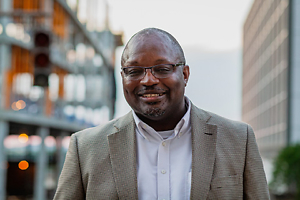
Mother grew up knowing her great aunts and uncles except for her Uncle Dan, Aunt Panthera, and Aunt Millie. All of them had passed prior to or soon after her birth. Although they had passed on, they were remembered through family and community members’ talk of them. They left behind property, spouses, and offspring. Through these sources Mother came to know them quite well. With affection, she recalled that those who remained on the farm lived on tracts of land that bordered the original homesite. Others moved elsewhere in the county, Nashville, or other surrounding areas in Tennessee and other states. She often spoke of the family gatherings when Wash and Rebecca’s offspring and descendants would return for visits. These gatherings included special church and school events, weddings, and funerals that would lure the large family back to the Promise Land Community. Mother continued to identify the old homes of her great uncles and aunts by their names until her demise. This practice helped me to become acquainted with most of these ancestors who I never had the pleasure of meeting.
The Vanleer Cemetery remains on the original property. This is where Wash and Rebecca and most of their children and extended family are interred. My parents and some of my siblings are also buried there and, if it is God’s will, that is where I will also be laid to rest.
Excerpted from From the Fiery Furnace to the Promise Land by Serina K. Gilbert and Learotha Williams Jr., forthcoming from Vanderbilt University Press in August 2025. Used with permission. Copyright © 2025. All rights reserved.
A descendant of original Promise Land settlers, Serina K. Gilbert was born and raised in the community. After a 35-year career in social work in New York City and Washington, D.C., she returned to Tennessee, where she has led efforts to preserve the history of the Promise Land Community.
Learotha Williams Jr. is a professor of African American, Civil War and Reconstruction, and Public History at Tennessee State University and coordinator of the North Nashville Heritage Project. He is the co‑editor of I’ll Take You There: Exploring Nashville’s Social Justice Sites.
